By Elliott Dacher, MD
From Healthy.net
Introduction
As practitioners, we approach our patients and their problems within the framework of a conceptual model that organizes and defines the questions we ask, the information we seek, the diagnostic and therapeutic options, and ultimately the outcome of our interventions. Because we are so accustomed and conditioned to think and act within a specific framework, we rarely if ever consider the fundamental conceptual principles underlying our practice even though these principles can assume a powerful, although often unseen, authority over our professional lives.
The dominant medical model of Western culture, the biomedical model, is based on three underlying, yet untested, assumptions and principles: (1) objectivism, the idea that accurate knowledge can be exclusively achieved through an impersonal assessment of sensory based information; (2) determinism, the idea that causation is exclusively characterized by an upward and linear mechanistic linkage; and (3) positivism, the idea that knowledge exclusively accumulates through the accretion of data from the positive results of sensory based experimentation. This model has served us well, but with the progressive urbanization of life accompanied by the industrial and technologic revolutions humankind has seen the development of new and very different adversities, which have resulted in the emergence of a uniquely new category of modern day ailments, particularly stress related diseases, acute and chronic that are directly linked to personal attitudes and lifestyle. As a result, the limitations of a medical model that cannot effectively incorporate psychological, psychosocial, or spiritual factors-factors that are at the source of these ailments-has become increasingly evident.
Visit Healthy.net to read more…


